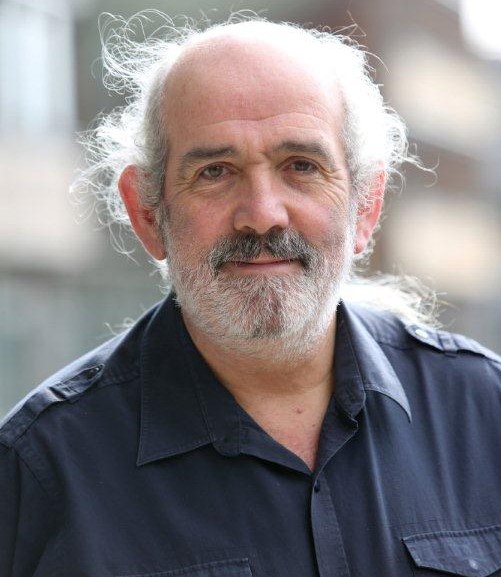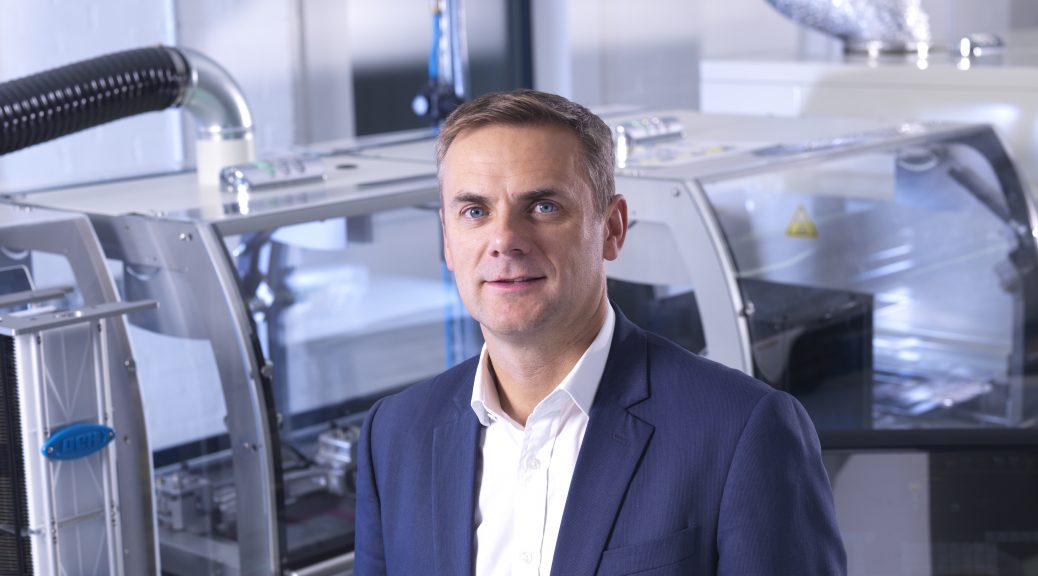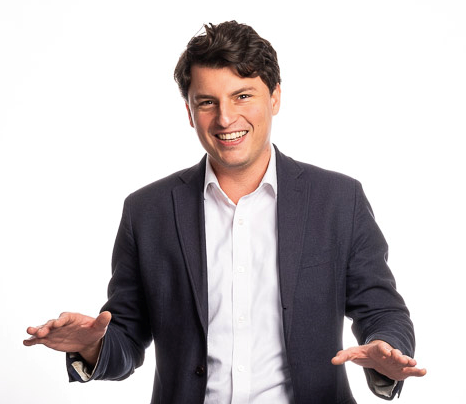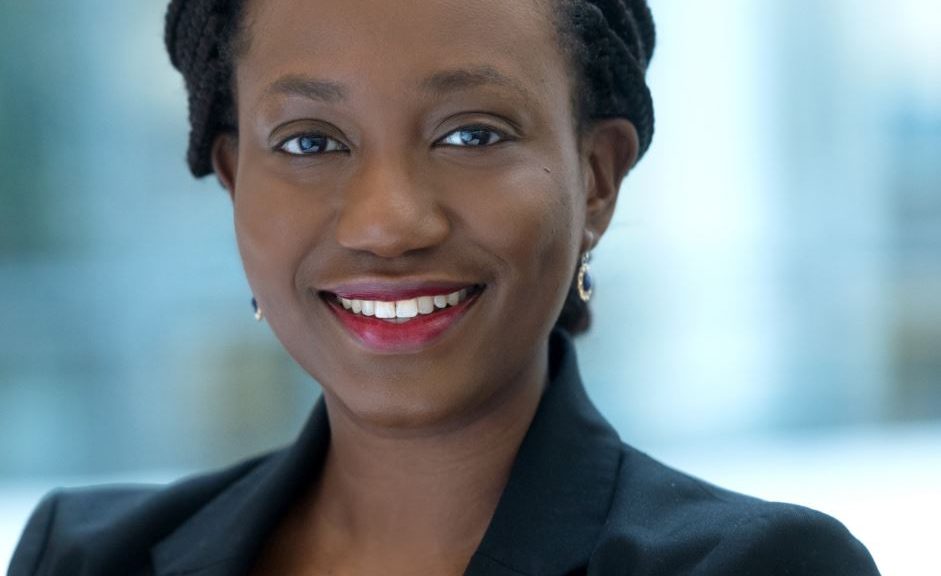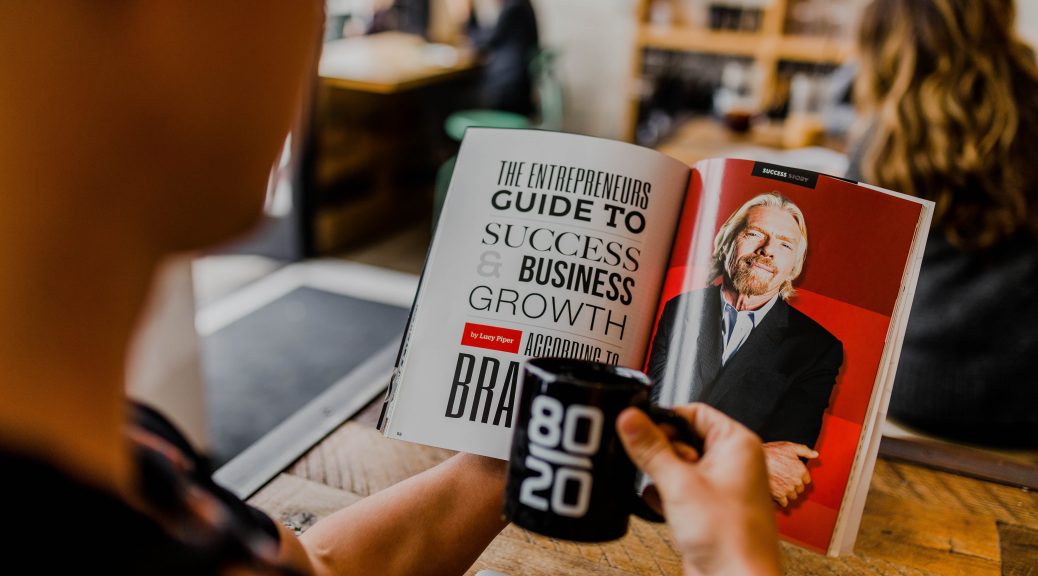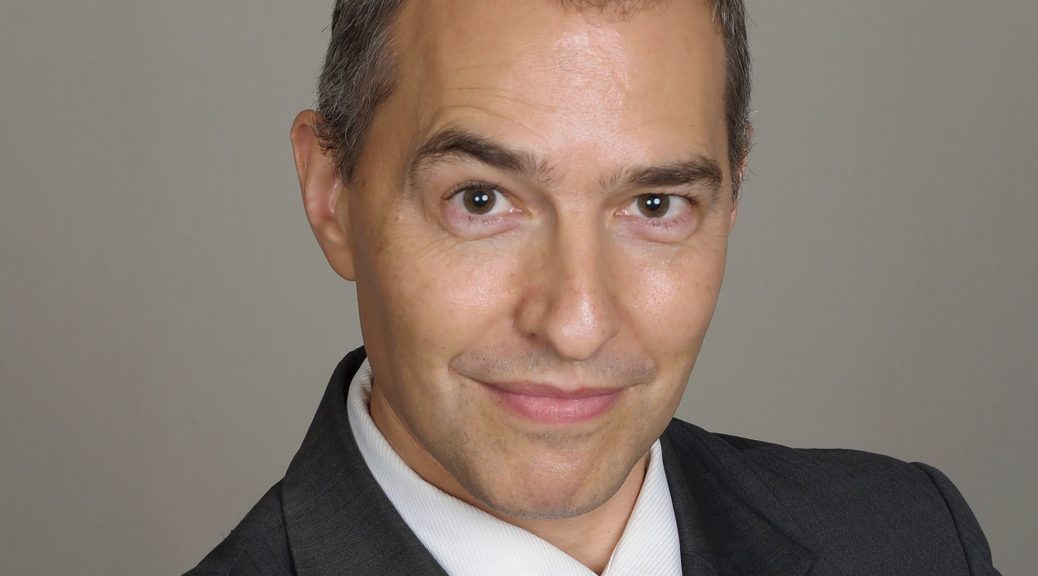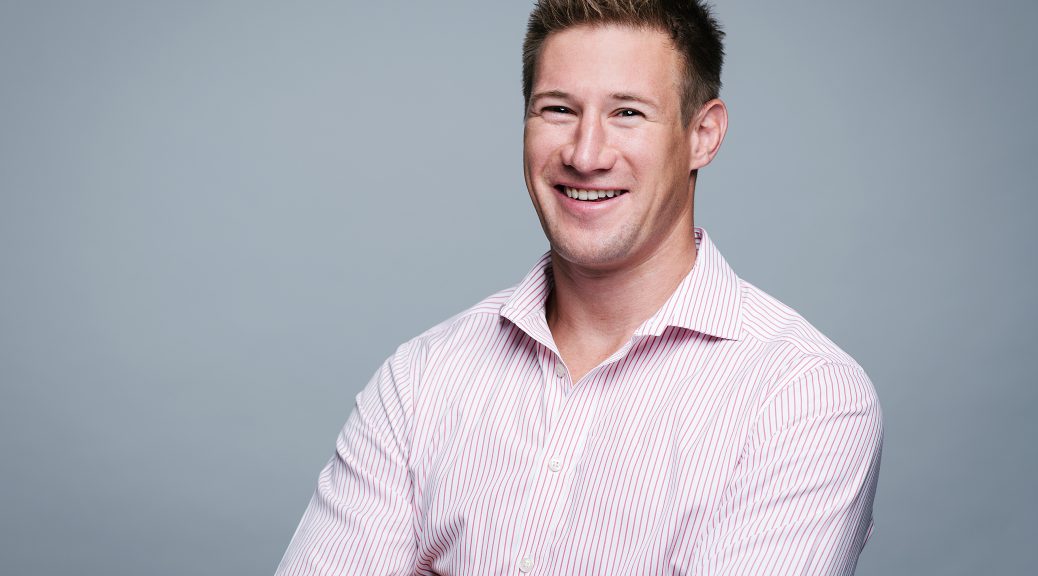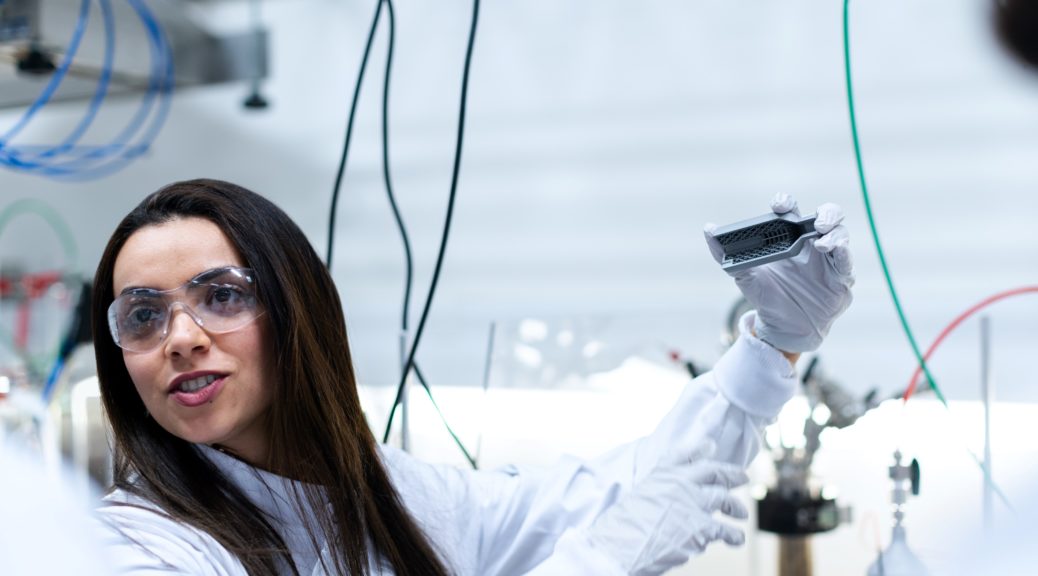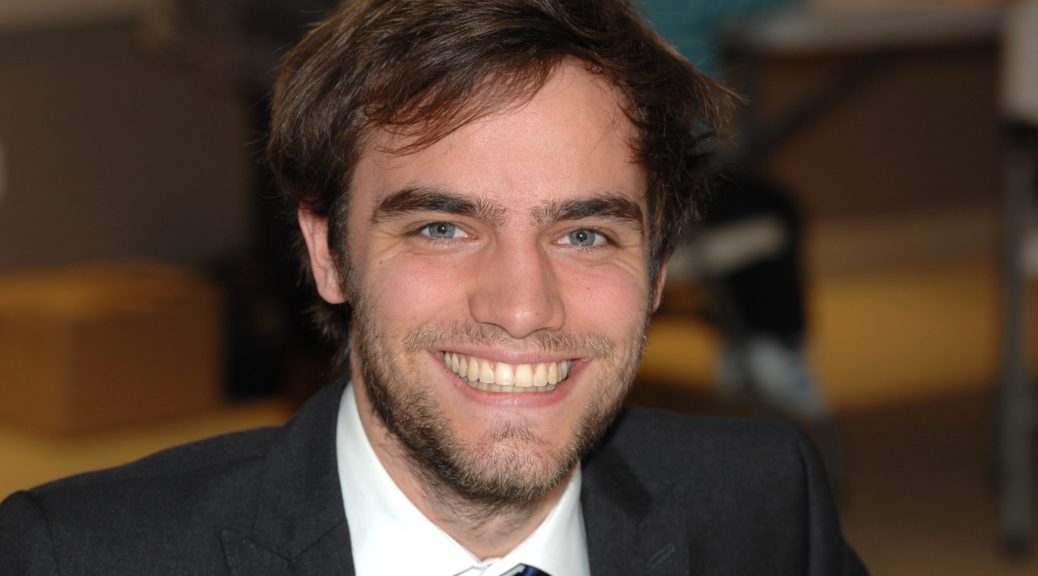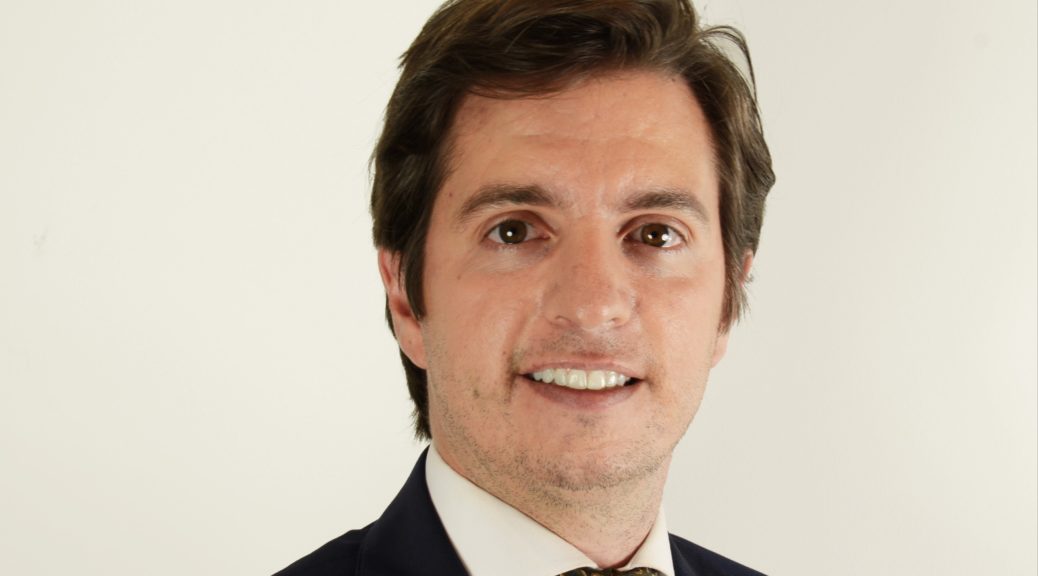
At a young age Phil Caldwell’s passion for engineering was sparked by his sister who is a mechanical engineer and his brother who was studying physics at the time. He then met a group of chemical engineers and was fascinated by the versatility of the discipline and his destiny was cast – he would study to become a chemical engineer and get a job that would enable him to work on interesting projects that would make a difference in the world. But it wasn’t only the chemistry that fascinated Phil; from an early stage, he was drawn to business; how technology-based companies are grown into great businesses. Now a Sainsbury Management Fellow, Phil Caldwell shares his journey from chemical engineer to CEO of Ceres Power, one of the UK’s leading clean energy technology companies…
Early Education to Chartered Engineer
My interest in engineering as a potential career was sparked through family and friends in engineering during my teens, however, even at that stage I was more interested in the business side of engineering rather than a purely technical role. At 18 I was fortunate to secure a scholarship from Imperial Chemical Industries (ICI) and worked for year in industry before university. Being onsite at chemical plants was an eye opener for me and a great way to start my career, especially as I returned to ICI during my university summer breaks and had the opportunity to work overseas in the USA and Holland.
I went to Imperial College London to earn my degree in chemical engineering. Studying at Imperial was great because they injected a lot of business into the course and we had access to Imperial College Business School as part of the curriculum. I also had the opportunity to learn more about business by handling the management and business side of several student group projects.
After graduating, I was offered a fantastic opportunity to join ICI’s graduate scheme and work anywhere in the world that had a chemical plant – that was irresistible. Initially I went into conventional engineering, but I was interested in getting into something that had a business focus and I learned about a small business unit within ICI which was selling electrochemical technology to companies outside of ICI. I was successful at securing a position in this unit, so I deviated from an engineering path onto a commercial path. I went from a technical service engineer, helping customers onsite, into business development, working on new sales for chemical plants globally. That was my transition from traditional engineering into my first commercial role. I travelled extensively working in China, Indonesia, Korea and India – and I was still only in my mid-twenties. It was brilliant experience as I was expanding my business knowledge and developing an understanding of different cultures, all whilst working to gain chartered status.
Pursuing a Business Interest
Back then, switching from engineering to commercial at ICI was not a natural process. I recall a conversation with the head of engineering, expressing my desire to work in the commercial side of the business. He explained that, as a rule, they hired engineering graduates from the likes of Oxbridge and Imperial to be engineers and looked to humanities graduates for commercial roles and if I deviated from the traditional engineering path it would have a negative impact on my progression. This made no sense to me, surely it would be beneficial to have engineers who understand technology working in commercial roles. It spurred me on in my goal to combine business with engineering, but at the time I wasn’t sure how to go about it.
Discovering the MBA
As I got more involved in the commercial side of the small business unit at ICI, I started to feel that certain tools were missing. For example, I did not fully understand the financial aspects of the business and felt that, if I wanted to continue down this path, I needed to add a business qualification to my toolkit. During this time ICI was undergoing significant change as it split into different parts divesting several businesses and was no longer the blue-chip company I joined. After eight successful years it felt the right time to make a change and pursue my passion for business. I decided the best way to do this was to get back into education and, specifically, do an MBA. Fast forward a few months and I had secured a Sainsbury Management Fellows MBA scholarship and was on my way to IESE Barcelona.
Spring-boarding to a New Career
There was a huge emphasis on entrepreneurship in the MBA at IESE. I found the best courses for me were Entrepreneurship, Finance and Strategy, which really resonated with my passion for business and filled significant gaps in my knowledge. The MBA as a whole was a time of reflection for me and I had to think hard about whether I went back into a major corporation. The MBA qualification made me very marketable as an employee and I had brilliant offers to work for big companies, but one of the things I learned about myself while studying the MBA is that I wanted to do something more entrepreneurial. This was inspired by the courses taught, the exposure to business cases and learning how to finance start-ups.
So, I turned down the safer job offers from the major corporations and took on a position in a small fuel cell company, Intelligent Energy, where I felt I could make a real difference. At that time not many people knew about fuel cells, but because of my previous electrochemical technology experience at ICI, I understood the potential of this technology and felt that this experience combined with my newly acquired business skills, would enable me to make a valuable contribution at Intelligent Energy, an exciting new venture.
The Journey to Directorship
Intelligent Energy was a spin-out from Loughborough University. I remember being at one of the Sainsbury Management Fellows alumni dinners and mentioning the opportunity at Intelligent Energy and the other Fellow said to me, “It’s certainly not a safe option, but there will never be a dull moment.” He was right! Like many tech start-ups, managerially it was quite disorganised at times with huge ambition and high growth along with significant downsides and the usual challenges of a tech start-up.
It was challenging but having the MBA behind me was a great help. I had the theoretical knowledge of how a company should be financed and run and this enabled me to help with financial management and investment strategies. From a blank slate, I set about establishing joint ventures with partners including Suzuki in Japan and Scottish South Energy. I progressed to the role of Commercial Director, grew the team and increased the top-line revenue. I enjoyed the 10 years I spent at Intelligent Energy, but it was not for the faint hearted as it went through significant highs and lows. Having said that, I wouldn’t change a thing about my time there; the exposure you get to tough business challenges in a smaller venture is invaluable.
The Move to Ceres Power
Throughout my career, I had been aware of Ceres Power, another fuel cell company that had spun out of Imperial College London, which had started well but later fell on hard times. It ran out of money and the technology wasn’t working at that point. While I was at Intelligent Energy, we had considered a possible acquisition, but the timing wasn’t right for various reasons.
Seven years ago, I was contacted by Engineers in Business Fellowship (which awards the SMF MBA scholarship) and informed about the CEO vacancy at Ceres Power. The company was under new ownership and I was curious about the change in direction. Was it a serious bid to turnaround the business for good, or a quick flip for profit? I decided to apply for the position and meet with the new owners and was encouraged with what I learned. They wanted to get the right management in, build the board, support teams, and finance the company to long-term growth and profitability. I came away thinking here was an exciting opportunity – a chance to become a chief executive, run a business in its entirety, with a supportive board and shareholder base that would allow me to rebuild the company.
First Steps as a CEO
The turnaround at Ceres Power wasn’t easy. At that point, it had reputational and morale issues, but underneath all of that it had exceptionally good people and great technology. Right from day one, I could see the passion from the staff, and I thought that if I could set a clear vision and lead, people would follow. Step by step, we changed the strategy towards partnering with large international organisations, just as I had done at Intelligent Energy.
The first thing I did was open a Japanese office because that is the biggest market for fuel cells. We invested in the core technology, worked hard to secure partners and as we started to build business with commercial partners, rather than just internally focusing on technology development, people started to believe. Once we secured our first major partnership, it was easier to get the second and the third and it grew from there. Our first partner was Honda, followed by Nissan, Bosch, Cummins and more. Today Ceres is working with world-leading partners to embed its SteelCell® technology in mass-market energy products for the commercial, residential and transportation markets, bringing cleaner and cheaper energy to society to address climate change. That purpose of applying cutting edge technology to address climate change is an incredibly powerful motivator for our people!
I have been CEO at Ceres for seven years and, in that time, we have grown from 50 to 350 people, increased the value of the company from £50 million to more than £2 billion and recently secured Bosch and Weichai Power as strategic investors in the company each with approximately 20% shareholdings.
Value of an SMF Scholarship
Engineering is like a language, it’s a skillset and disciplined approach that is used consistently by our partners globally no matter which region or culture they operate in. It gives you an understanding of what it takes to develop products, run projects, deal with technology and understand complex issues. These skills never leave you. If I didn’t have an engineering degree, I could not run an organisation of 350 scientists and engineers. What I felt was missing all those years ago at ICI, where the gap between the engineering and commercial areas of the business is not the case at Ceres. The engineering and commercial and business side at Ceres are all closely linked.
That’s what makes Engineers in Business Fellowship (EIBF) so special – it’s getting engineers into business. I strongly believe that, like myself, most engineers need rounding out with business skills. We are so tuned into critical thinking that we need exposure to business, risk, finance and entrepreneurial skills, otherwise we will tend to play it safe. The SMF MBA scholarship helps to get engineers into boardrooms, running businesses, generating income and creating jobs – that’s powerful.
The MBA scholarship made a huge difference to my life and career. Being able to leave my job at ICI and go to business school, without having to worry about financial support or debt, was invaluable. Winning the scholarship was also a huge confidence boost; it was validation that I was doing the right thing. Being able to draw on the SMF network post-graduation was also useful. I may have found out about the Ceres CEO position separately, but it was the contact at EIBF who first alerted me. One could say that I wouldn’t be where I am now without the SMF scholarship and the connections in the network.
Advice to Engineers Considering Business Education
Whether or not you do an MBA, it is important to develop commercial and business skills no matter what job you are doing. Choosing a high growth sector is likely to provide more future opportunities than a conventional industry path with little or no growth and gaining exposure to the business side of the organisation at an early stage will open doors to new ways of thinking and new opportunities. The MBA is a personal decision because it is a big investment, but it has incredible rewards too. It may sound like a cliché, but you literally step off the treadmill and do a big assessment of your life and career and go into a whole new chapter. It takes you to new places and you meet amazing people many of whom you stay in touch with for life. It really is a life-changing experience.
The SMF MBA Scholarship
If you are a professional engineer considering an MBA as a stepping-stone towards a business leadership career, visit our MBA scholarship application page, you could be awarded a £50,000 scholarship.







